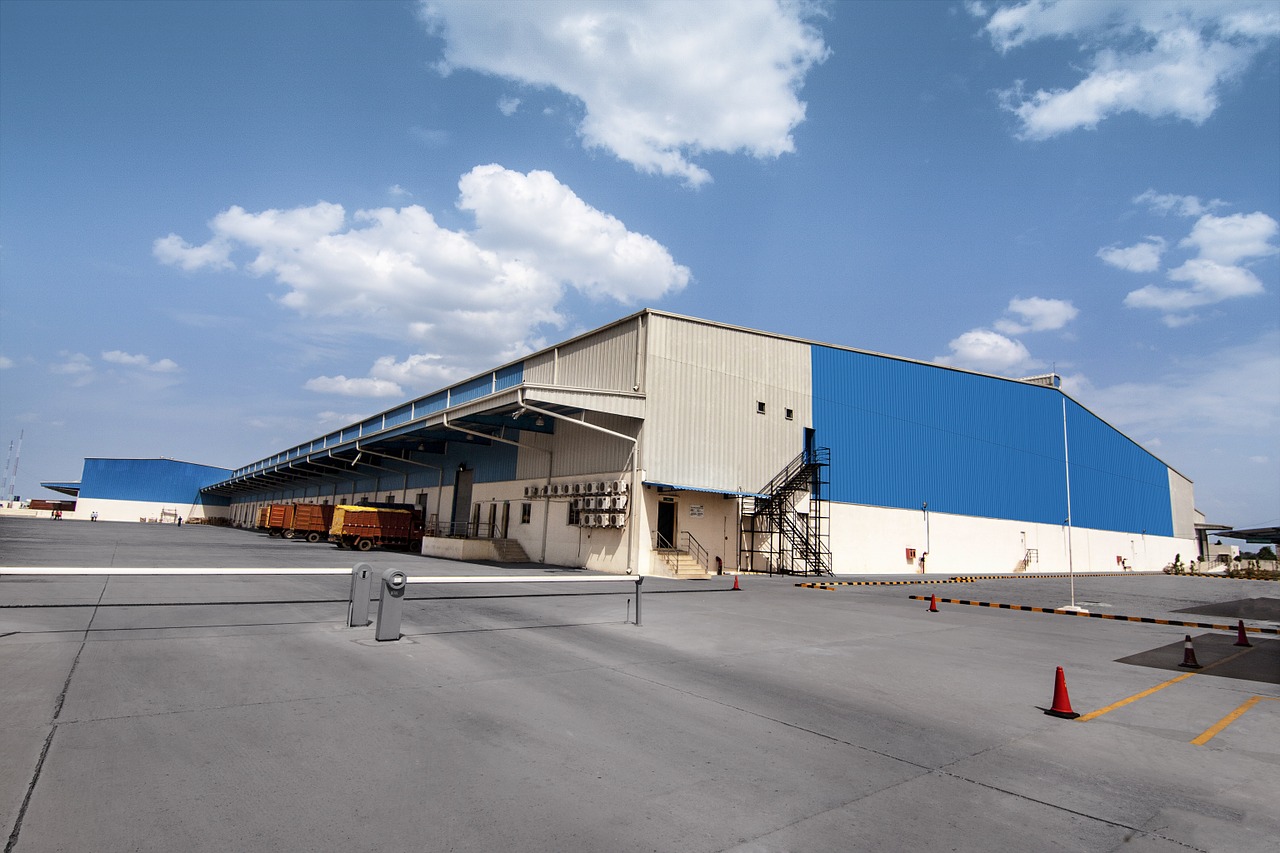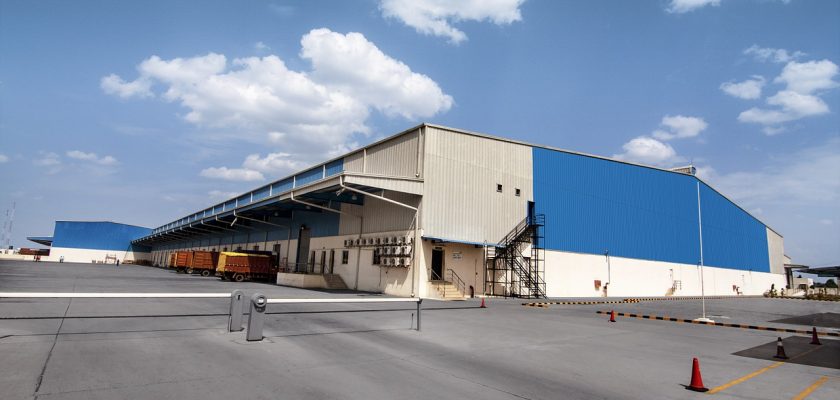Supply chain management refers to the close scrutiny of information, finances and materials as they move from the supplier to the consumer, through the manufacturers, wholesalers and retailers. Supply chain management entails overseeing how these elements flow among and within companies. The primary objective of any supply chain management system is to cut down on inventory. Supply chain management software have been introduced to ensure effective and successful monitoring of all the processes involved in an organization’s supply chain.

Classification of Supply Chain Management
Supply chain management can be broken down into three processes:
- Product flow
- Information flow
- Finances flow
The product flow is the stage where goods move from supplier to customer. The product flow also involves any service needs or customer returns.
The information flow is the stage where orders are transmitted and the state of the delivery of goods or services is updated.
The financial flow is the stage involving payment schedules, credit terms and title ownership and consignment arrangements.
Types of Supply Chain Management Software
There are 2 basic types of supply chain management software: execution applications and planning applications. Execution applications monitor the physical condition of goods, how materials are managed and financial information on all the parties involved. Planning applications utilize sophisticated algorithms for filling orders.
Some supply chain management software use data models that enable data sharing inside and outside an organisation. The shared data may be stored in different data warehouses or database systems spread out in different companies.
Also read: 5 Reasons to consider Software Product Development services for your Business
Advantages of Supply Chain Management Software
Quick Response
Being able to monitor the supply chain and network enables you to be more responsive. You can sense and quickly respond to changes. The ability to pay close attention to the supply chain also allows you to realize new opportunities and capitalize on them.
Required Standards
Supply chain management software enables you to determine if your product or services adhere to the required standards. The software will help you determine whether you comply with the required health, safety and environment standards. For instance if customers return products because they are faulty or have negative effects on their health, you are able to quickly correct any defects of the products if you are utilizing a supply chain management system.
Low costs
SCM software helps you lower your operational expenses. You are able to come up with timelier planning for the procurement, manufacture and transportation of goods. Better tracking of products and execution will improve quality and performance which translates to lower costs.
Keeps You Updated
When you are in constant communication with your trading partners, your supply chain is aligned with your business strategies and your priorities. SCM software helps you monitor the role of each of the major players in the supply chain to ensure your goals are achieved and to improve the performance of your organisation.
Improves the monitoring of the whole supply chain
Supply chain management software automates many laborious tasks associated with coordinating suppliers, monitoring inventory and fulfilling orders. Furthermore, SCM software synchronises all the different elements within the supply cycle by combining all the information into one database and automatically showing the connections between the various data points. The SCM software provides you with access to all inventory details, performance data, supplier updates and order summaries-making it easy to control the supply chain from the beginning to the end.
Control of Inventory
SCM software helps with inventory control by ensuring the levels of stock are regulated. SCM monitors incoming and outgoing shipments to make sure that they are aligned according to the order demands. SCM software therefore creates an efficient order to purchase system that boosts both revenue and productivity.
Improves Communication
SCM software provides tools that users can utilize for collaborating with all the parties involved in the supply chain- customers, suppliers and employees. These applications allow communication within the company and with external suppliers. Therefore, knowledge on daily activities, new developments and unforeseen changes are easily communicated.
Better Customer Relationships
The collaboration tools in SCM software ensure that orders from customers are accurate and that you are able to meet all the specifications of the client.
Improve Finances
SCM platforms help you to save money on the additional expenses that come with uncoordinated expenses. SCM platforms have features that enable you improve your finances. Some platforms have financial management applications that allow you to view your expenses, client payments and billing history. SCM platforms help you to skip the process of manually balancing your income and expenses.
Also read: Custom Software Development vs Off-the-shelf Services
Being a leading software development company in India, we cover all advanced technology in order to meet variegated demands of customers in minimum possible time and provide modern solutions.
